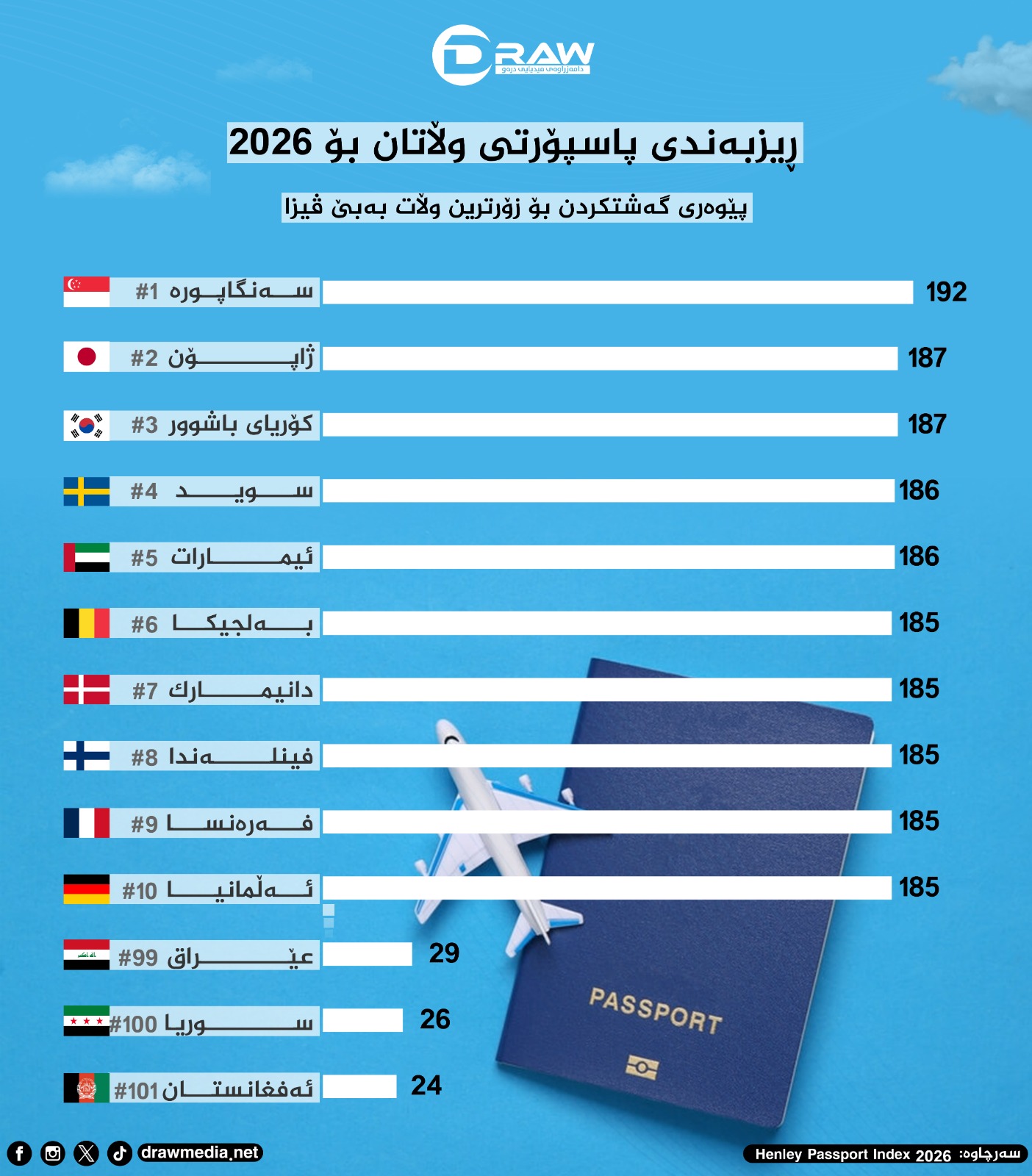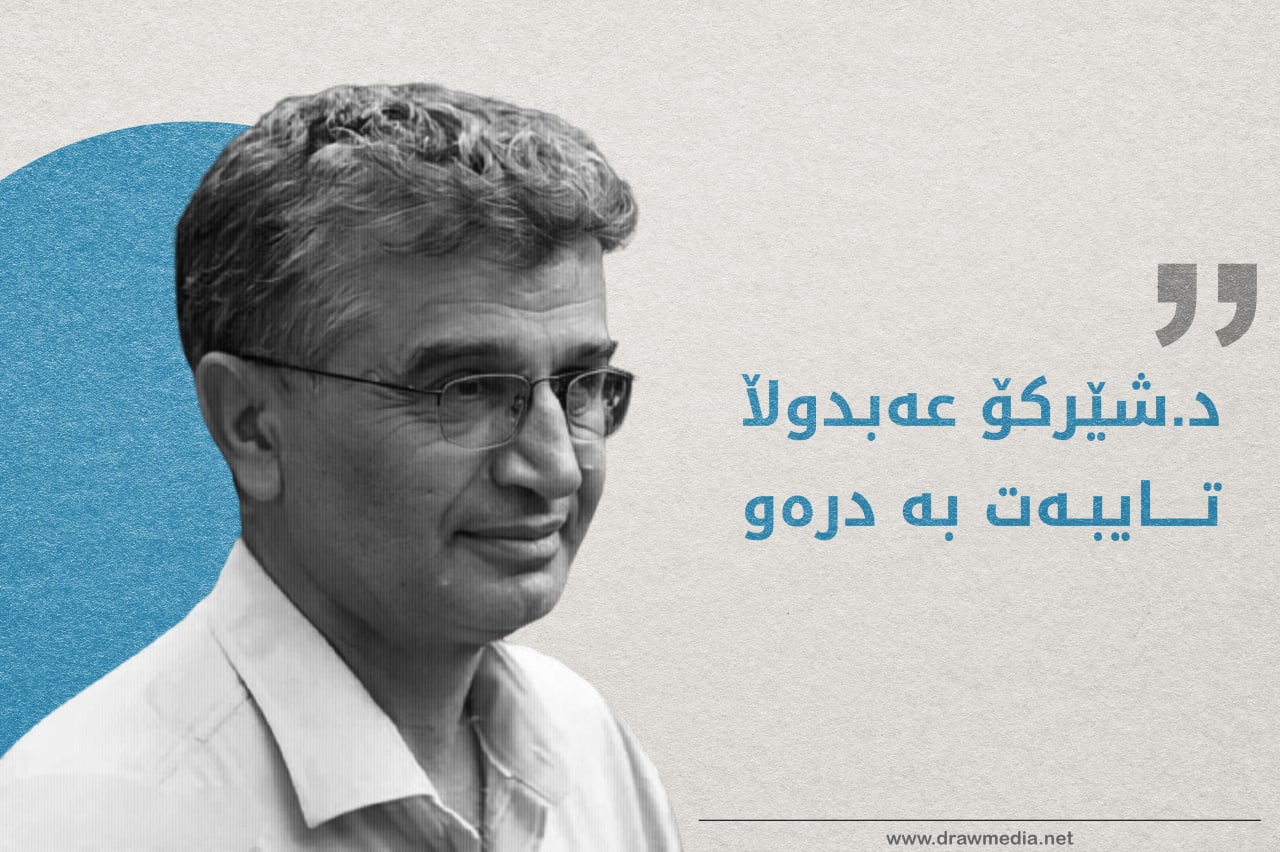THE LOOMING GENOCIDE AGAINST THE KURDS: HISTORY SHOULD NOT REPEAT ITSELF
.jpg)
2021-04-18 10:59:28
DRAW:
BY VEYSI DAG - KURDISTANC
While the world is busy with COVID-19, Recep Tayyip Erdogan’s regime is actively engaged with its pan-Islamic and nationalistic ambitions in eliminating the most “disloyal” segments of the Kurdish population.
The Turkish military has launched military operations called “Claw-Tiger” and “Claw Eagle” in June 2020 against the Kurdish militant forces in Northern Iraq, following its military operation, named “Operation Peace Spring” in October 2019 and “Operation Olive Branch” against the Kurds in Northern Syria in January 2018 as well as uninterrupted crackdown against the Kurds Turkey. Using drone strikes, the Turkish air force has recently killed at least two Kurdish refugee women in the Maxmur Refugee Camp, left a number of civilian casualties in Kuna-Massi, a tourist resort, killed five civilians in Sheladize and a number of Yezidi activists in the Sinjar region of Iraq. Moreover, the Turkish drone strike killed three civilian women in Kobane, and the Turkish military killed hundreds of civilians and displaced hundreds of thousand of civilians in Afrin in Northern Syria.
These Turkish military operations are part of an extermination policy against the Kurdish population which includes the purging of Kurdish politicians, journalists and activists in Turkey.
In order to understand the logic of current Turkish politics, it is helpful to explore the politics of the Community of Union and Progress (CUP) and the Young Turks during the period between 1915 and 1923. Championing the ideals of pan-Islamism and Turkish nationalism, the Young Turks adopted an extraordinary politics that side-lined international laws and treaties. Communities or forces that became obstacles in their construction of a Turkish identity and threatened their interests of re-imagining and establishing a Turkish state were categorically rejected and eliminated. Ziya Gokalp, prominent sociologist of the time and Head of the CUP, purported the idea that the revitalisation of the Turkish state required indeed the elimination of its non-Muslim elements. This reference to the Armenians, Assyrians, Greeks, Jews is telling of the fate that awaited these communities.
During the First World War, Turkish forces systematically exterminated Armenians and other Christian communities such as Greeks and Assyrians. These diverse populations were subjected to genocidal atrocities as they did not fit into the religious and nationalistic vision of the Young Turks for two reasons: Firstly, these Christian communities rejected assimilation and the adoption of an Islamic identity, which is the precondition for the constructed Turkification. The second reason is due to the demands of these communities to create a space for non-Muslim representation within the new Turkey that had begun to take shape in the late nineteenth and early twentieth century.
Demands from the Armenian community for a pluralistic and democratic society that posited power for non-Muslim groups was viewed negatively and threatened the interests of the CUP and the Young Turks. The response to these demands was brutal as the paranoia around a perceived ‘disloyalty’ of these communities meant that they were not accepted into the folds of Turkish society. Systematic and long- term genocidal practices were employed to not only politically, economically and socially marginalise the Armenian community, but to also mentally and physically threaten its existence. Collective killing of men, robberies, rapes and the forced deportation of thousands of Armenians by the Turkish forces and mercenaries such as the Hamidian Cavalry were not prevented by the international community and rules.
While the Turkish state questions the borders enforced in the 1920s, it repeatedly violates the sovereignty of other countries
Erdogan’s regime consisting of an ultra-nationalist and radical Islamist alliance continues to preserve the heritage of the Turkish ancestry to eliminate what is perceived as ‘disloyal’ forces to the Turkish version of pan-Islamism and Turkish nationalism.
Primarily this is to concentrate power in the hands of these groups and to revitalise a “New Turkey” within the borders of Kuva-yi Milliye (Turkish nationalist forces) that, according to Turkish politicians, includes Kirkuk and Mosul in Iraq. The Turkish president frequently evokes nationalistic feelings in Turkish citizens by invoking the slogan “for one nation, one flag, one homeland, one state” referring to a homogenous Turkey. He constantly questions the borders demarcated by the Lausanne Treaty, implying that the period between 2015 and 2023 is crucial for this imagined “New Turkey”.
However, whilst the Turkish state questions the borders enforced in the 1920s, it repeatedly violates the sovereignty of other countries. Benefitting from internal conflict and weak governance, the Turkish state has invaded Syria, Libya and Iraq. It has ignored UN resolutions, and the Turkish regime has actively recruited, trained, and made use of Arab and Turkmen mercenaries in Libya and Syria. Under the banner of the Syrian National Army, also known as the Turkish-backed Free Syrian Army, these groups have terrorised, displaced and killed native populations in these regions. The mercenary politics of the current Turkish regime is reminiscent of its antecedent, the Hamidiye Cavalry, who indiscriminately raped, deported and killed Armenians.
Alongside the Turkish army, these mercenaries have advanced deep into Syria and Iraq and attacked Kurdish forces and civilians. Hundreds of thousands of Kurdish civilians in Afrin and Serekaniya have already been displaced, and several of villages in the Kurdistan Region of Iraq have been evacuated as a result of Turkish airstrikes.
The Turkish regime has justified these attacks to the world by legitimising them as attacks on the Kurdistan Workers Party (PKK). However, what is questionable is where the Turkish regime is carrying out these attacks. Many of these attacks have been on civilian targets where the PKK is absent. The president’s spokesperson Ibrahim Kalin has explained that the Turkish president has adopted a strategy to eliminate belligerents before they have a chance to attack. This pretence is perplexing since the Turkish state has not been attacked. The Turkish regime seems to deliberately invent “belligerents” in order to portray a Turkish state under attack and legitimise its assaults on Kurdish regions and its invasions in neighbouring countries.
Turkey currently has one of the highest percentages of political prisoners in the world and a large proportion of these prisoners are of Kurdish background
To the Turkish state, the Kurds; with their multi-ethnic, multi-religious and sometimes secular ideals, are seen to be disloyal and a threat to the ‘values’ that the Turkish state uses to push through its own agenda. They are a threat to the cultural homogeneity that is sought by the Turkish state and which underpins Turkish nationalism and pan-Islamism. The Kurds have been a target of the Turkish regime for decades.
Turkish institutions within the country have also been utilised to subjugate and punish the Kurdish population that reside within Turkey. A tenth of the Kurdish mayors who were democratically elected have been ousted and replaced with ‘trustees’. Domestic laws have been largely ignored and or intentionally bypassed to imprison thousands of Kurdish citizens, politicians, journalists and activists.
Turkey currently has one of the highest percentages of political prisoners in the world and a large proportion of these prisoners are of Kurdish background. The repression and onslaught of the Turkish regime towards the Kurdish population within the current Turkish borders, or in Syria and Iraq indicate genocidal acts that occur systematically and over a long period of time. The rhetorics, practices, and ambitions of the Turkish regime resemble the politics of the CUP which led to a genocide against Armenians.
The Kurdish population has refused to comply with the assimilation politics of the Turkish regime since the foundation of the Republic of Turkey. They face genocidal politics that might rise to their peak by 2023 when the Lausanne Treaty turns 100 years old.
While the Turkish state and its mercenaries use extermination, repression, and ethnic cleansing, leading Kurdish actors cannot remain idle.
The Kurdish population could be spared from the fate of the Armenians and the Jews if Kurdish actors shoulder the responsibility to stand collectively against the Turkish forces and its supported alliances that have been merciless in their onslaught across the region. The success of the Kurdish actors against Turkish genocidal politics will have an impact on the liberation of the Kurdish population from Turkish colonisation. Most importantly, it will produce a flourishing political landscape and a secure and stable environment in the Middle East, which could harbour multi-ethnic and multi-religious communities, and allow minorities to coexist peacefully.
This article is originally published by OpenDemocracy







.png)
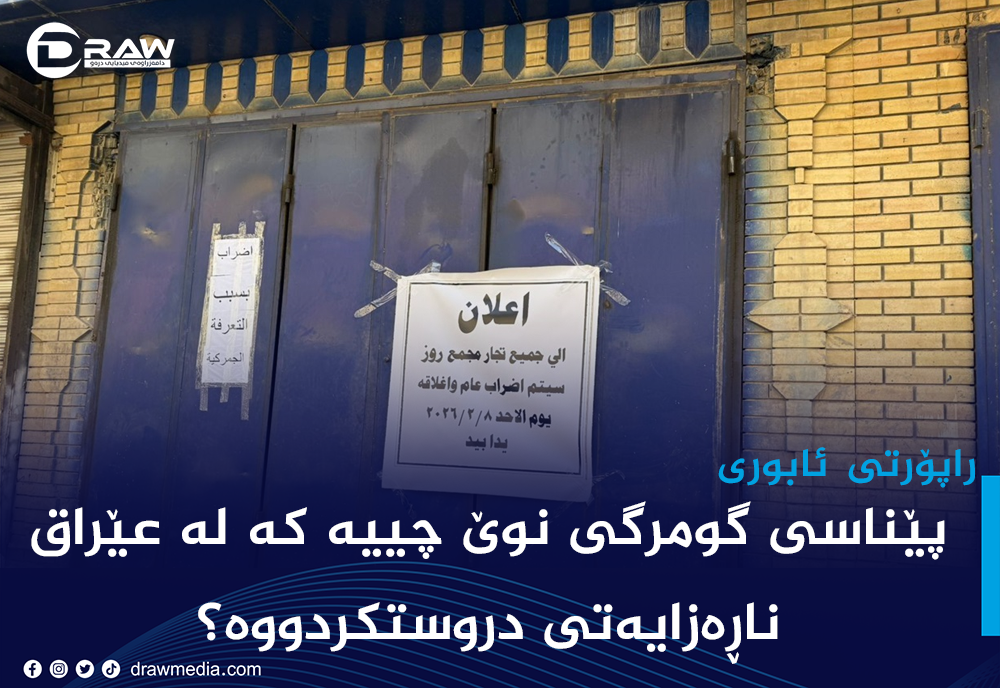

.png)

.png)

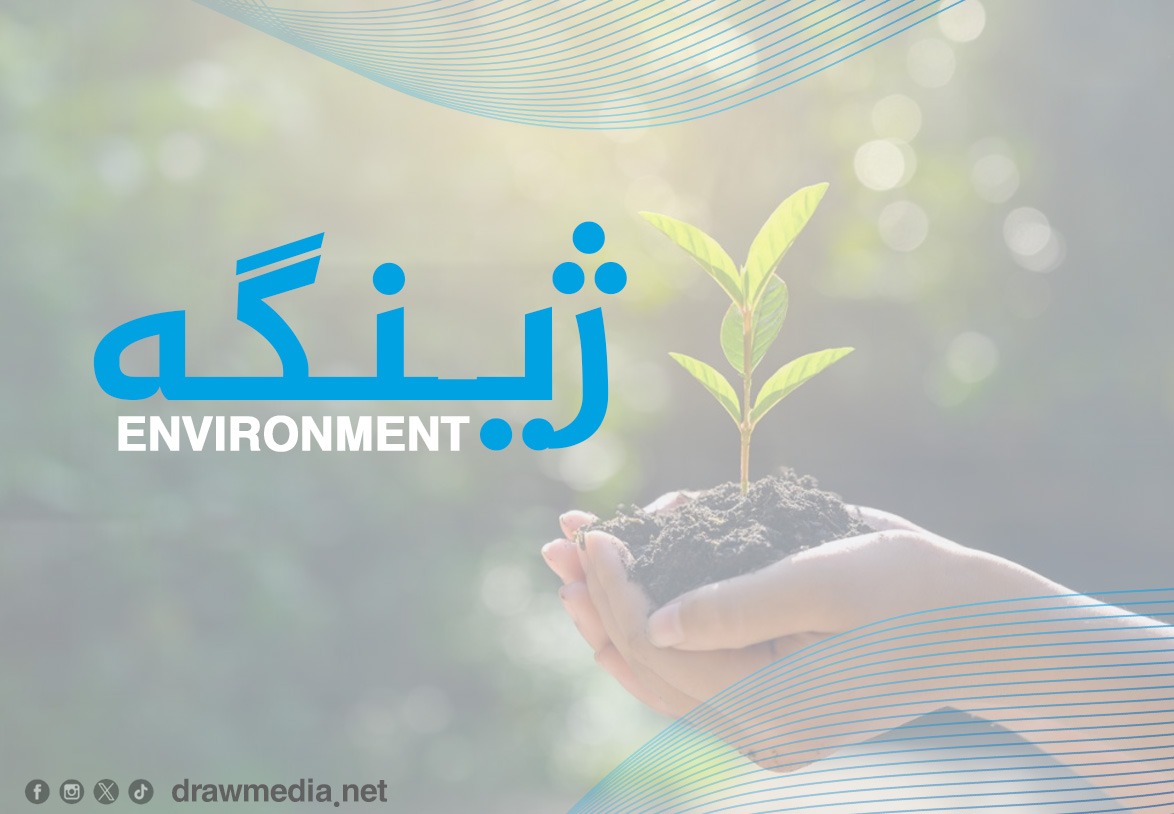
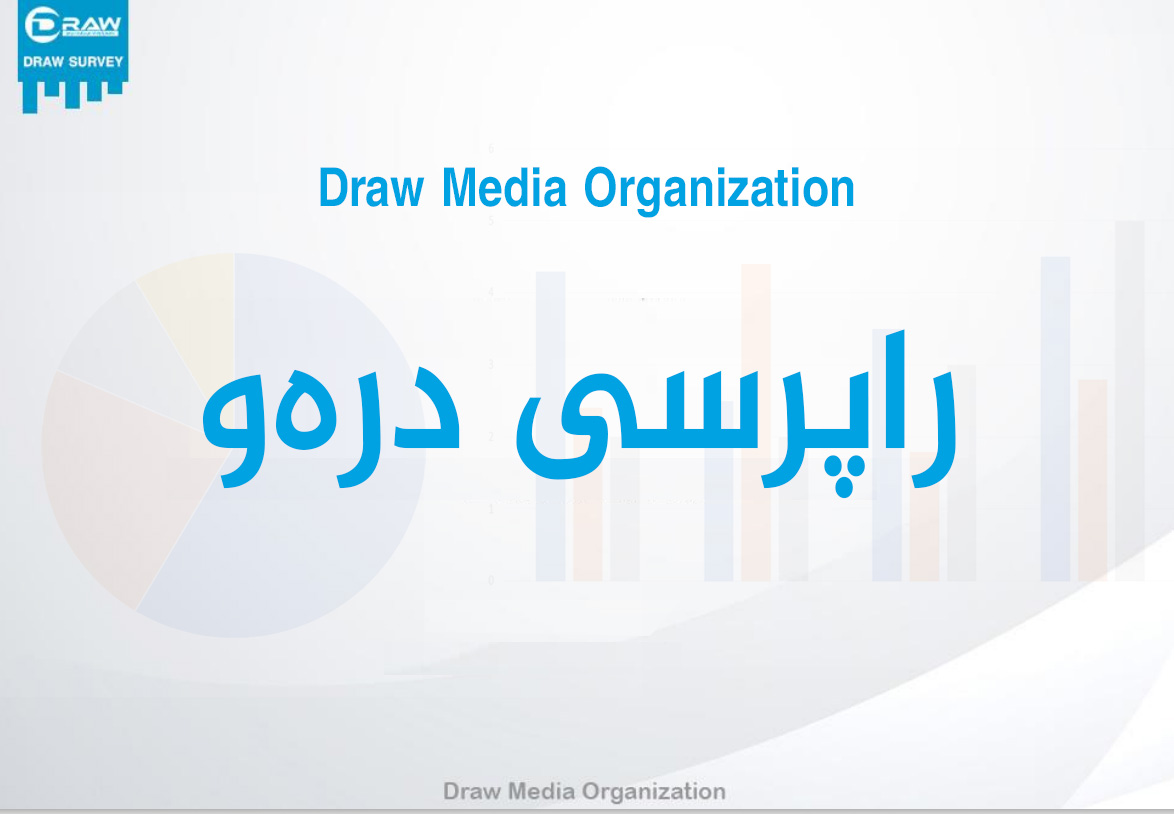
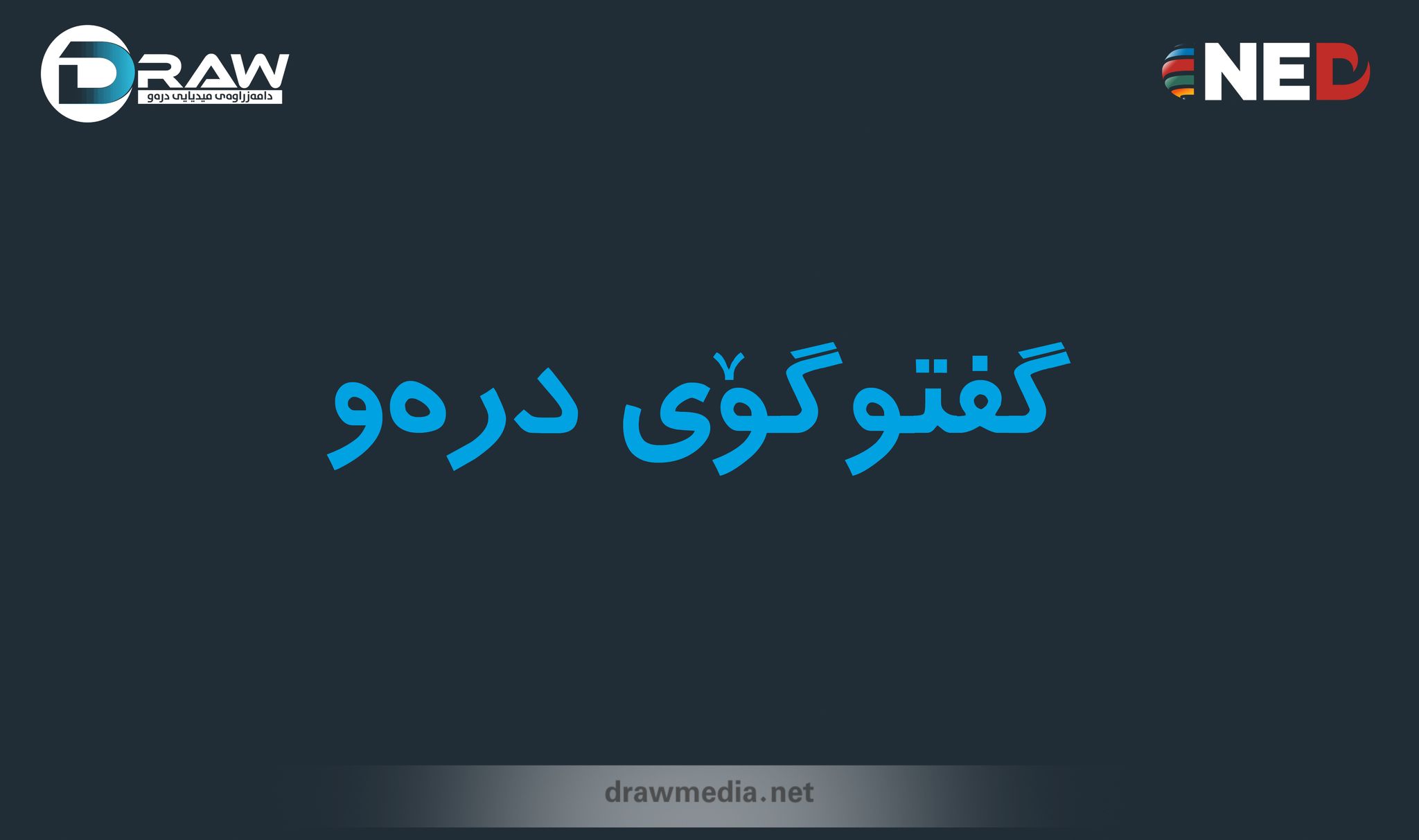
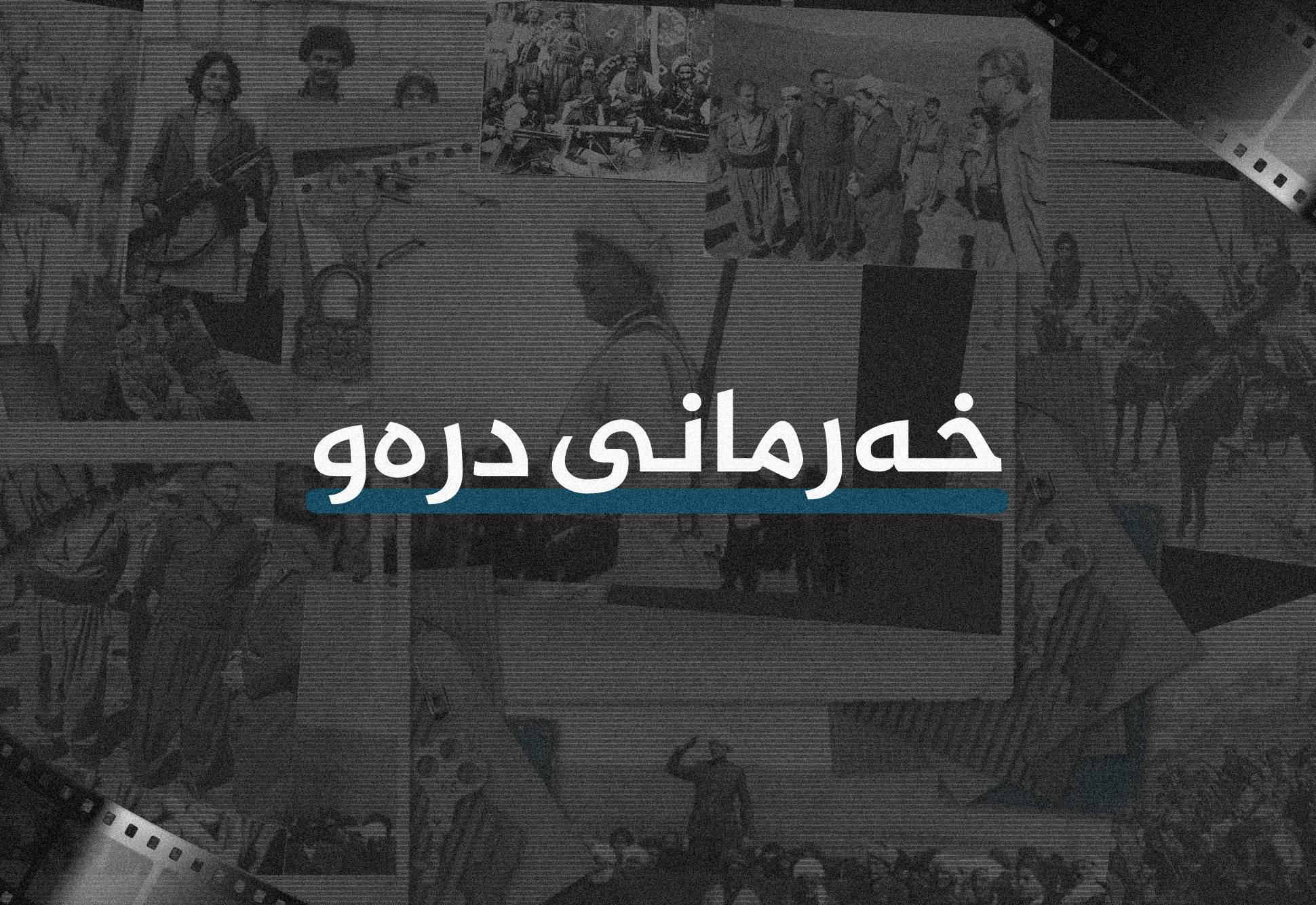
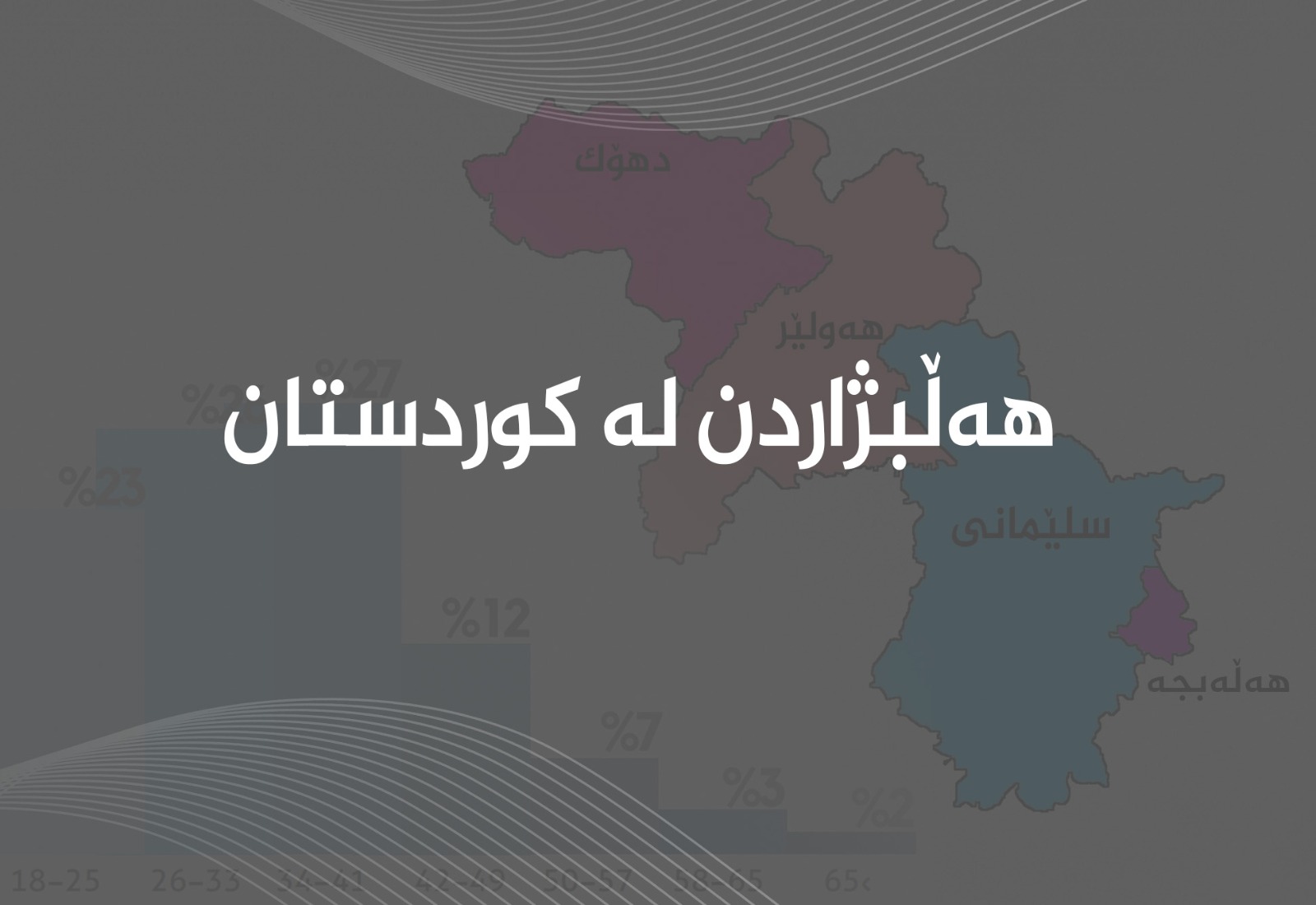
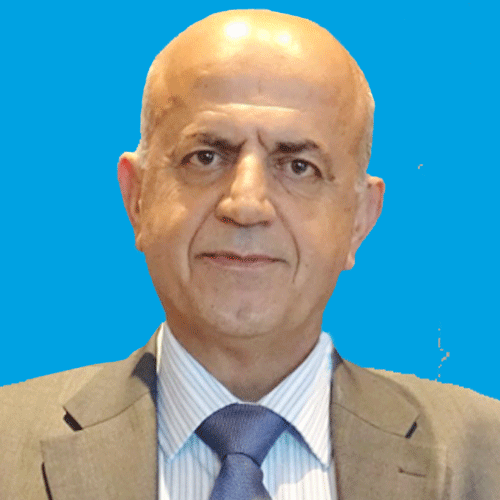
.png)
.png)
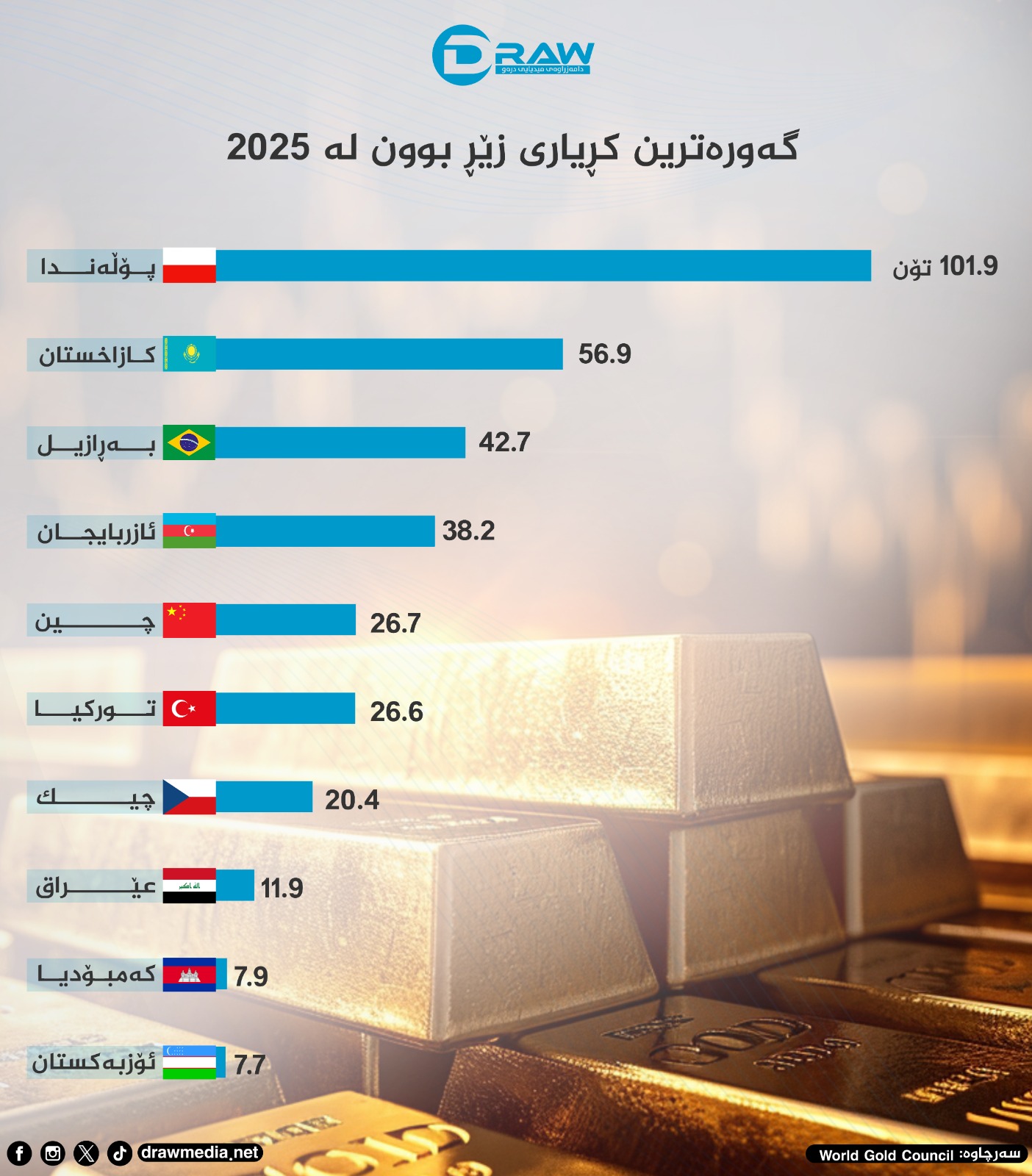
.png)
